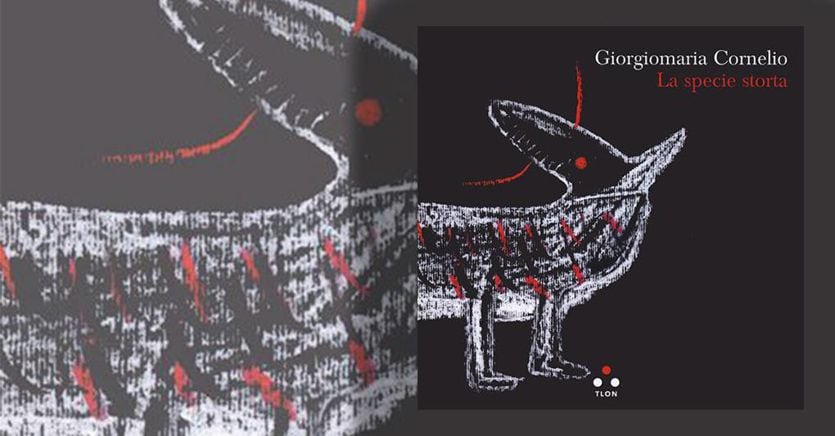More and more poetry and fiction try to reflect on the announced global catastrophe. And they act with a language capable of shaking ordinary views, drawing from the depths of traditions and legends to make new matter. “Spirits! Goblins! Spirits of dead fathers, of lost children, of dreaming plants: (…) this is my homeland”, wrote Anna Maria Ortese, and the affirmation seems to be dear to Francesca Matteoni who, guest of the seventh edition of Book Pride, will present “Tundra and Peive”, the first visionary work of the “Terra” series by Nottetempo.
Book Pride, from 10 to 12 March
It’s a journey among hybrid creatures to awaken the gaze and the imagination before it’s too late, before the tree disease advances everywhere and destroys everything. A novel that is a warning and, at the same time, a lesson on the need to continue to tell to remove the seals of prejudice from the eyes. The idea of an insolvable ruin, of an assured extinction, is considered by Giorgiomaria Cornelio a miasma, a sort of progressive blindness to which one cannot surrender. And you wrote about it on purpose in “La specie storta” (Tlon Edizioni, 2023, pp. 152), one of the most unconventional titles that will be on the tables of the Milanese fair dedicated to independent publishing, from 10 to 12 March.
The crooked species
“But I would like to go / to the place where it all began, / to be assigned the stall that does not / tarla, the right part of the choir, to sit / on the mercy, to crush the effigy of the body with / the body, and find, / in the hour of shadow, the golden shadow, / the one that belongs to us, that never passes”.
With the verses Cornelius makes the edges of reality tremble and does not confirm the appearance of the world, but overturns its beliefs. The task of poetry with respect to the ideological materials of the past, to the more oppressive ones that tend to be avoided because they have wounded certain categories of thought, lies in re-appealing debts and crusts of pain in order to be able to re-use them in a new perspective. His “fossils of revolt” make up “The foundations of Sodom”, a section in which he confronts the oppressors of homosexuality emancipated from pre-established stylistic boundaries: one cannot reactivate the possible except by frequenting those still bloodied pasts. The author’s collective and dialogic effort is immediately evident, as he documents a theatrical ritual that includes stories and photographs. “The crooked species” is born embodied in a peripheral dimension, in the hamlet of Valle Cascia (Macerata), and sublimates a ritual of reactivation of a place, a second beginning. From the cover itself, the visual scores of the artist Giuditta Chiaraluce accompany and rewrite the sheets with crooked signs, which redesign a body that is not only human, an animal organism that rejects the idea of a “straight” nature.
An archeology of the possible
The travail of “The delivery of the embers” (Sossella, 2021), the precursor title of “The crooked species”, demonstrates the versatility of the author, insatiable and devoutly open-minded towards the documentary and iconographic sources from which he drew. From philosophy to prayer, from the translation of the psalms to the marginal note, up to the informal letter, Cornelius passes with ease from one genre to another. If the atlas of images is a supporting part, a constant dialogue between sight and vision induced by reading, the focus of the collection is “the experimentum crucis”, a secular experience of the cross in which the term must be understood in an etymological sense : “crux” as a “locus disperatus”, ie the gap to be filled: the experience of a non-amendable lack that inhabits every identity, every claim to understand existence. Cornelius conveys and externalizes the tradition in many forms to channel it into a second baptism, which can only happen by keeping to the reading of a page and not in the face of an absolute truth, a dogma, but a wound, a distortion; on the other hand “the impact of the vertebrae / against the sky is certainly not a flight”.
